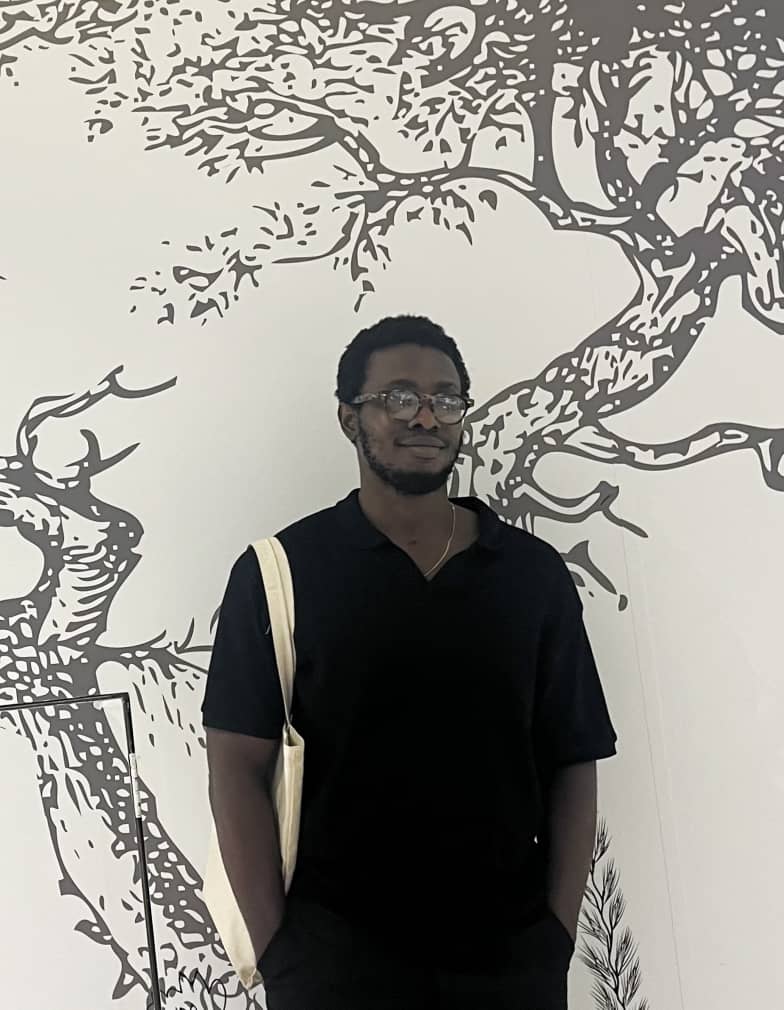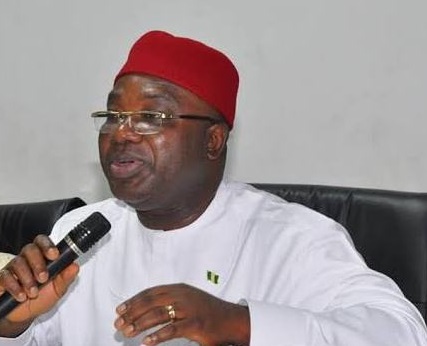Locked Up for Vacationing: How Cape Verde Violated our Basic Human Rights

Nothing prepares you for being locked in a room without knowing why. When I traveled to Cape Verde with my friends, it was supposed to be a chance to breathe.
I’ve had a rough couple of months. Work has been intense. Lagos is heavy. I needed space to feel human again. That’s all I wanted. I never imagined that, within ten minutes of arriving, I would be surrounded by police, told nothing, and treated like a threat.
My name is Oghenero Adaware. I’m a software engineer based in Lagos, Nigeria. On Sunday, April 13th, 2025, I arrived in Sal, Cape Verde, for a two-week vacation with four friends. We had all met in Senegal and were continuing the trip together. Upon arrival in Cape Verde on an Air Senegal flight, we were stopped immediately by an immigration officer, Mr. Antonio Lima, who singled out Nigerians, including two others outside our group.
Our passports were taken, and we were asked only one group question: “How much do you have?” Between us, we showed over $3,000 in cash and proof of funds via cards. I personally had $1,000 in cash and over $2,000 on my card. No one asked about our itinerary or return tickets. Instead, we were told to follow the officer and ended up in the boarding area with no explanation. We assumed we were going to meet his boss. Instead, we were suddenly told to reboard the same plane we came in on.
When I asked why, Antonio Lima grabbed me, pulling me toward the gate. I resisted calmly, and his colleagues intervened. Soon after, armed police arrived and intimidated us. Still, no reason was given for our treatment. The flight left without us, and things escalated. Abimbola, one of the women in our group, was thrown to the ground, and all of us were forcibly taken to a detention room. No one told us why.
A male officer tore Abimbola’s shirt while dragging her, and we were eventually forced into a small white room, no windows, no blankets, no toilet access without calling for an escort. I informed the boss, a woman whose name I never got, that I had gastrointestinal issues and dietary restrictions, but nothing was done. They took our phones and locked us in overnight. We spent Monday the same way: no answers, no access to our lawyer (who had arrived Sunday), no contact with our families.
By Monday evening, they said my lawyer wanted to speak with me. But when I got to the station, there was no lawyer, just the police chief, a translator, and the border official who denied us entry. They pressured me to lie, suggesting I was being trafficked by Lily, one of my friends. I refused. I showed them all the documents again—return tickets, full itinerary, financial means, hotel and flight bookings. I explained I earn far more than the Cape Verde minimum wage and that I had been to over a dozen countries, including Cape Verde itself.
I returned to detention and stayed in that cold room again, still with limited access to medication or suitable food. On Tuesday, things worsened. We weren’t let out at all, not even for sun or fresh air. I had no medication, couldn’t eat the food provided, and barely got water.
On Wednesday, the day of the next flight to Senegal, we were told we’d get our phones by 8 a.m. We only got them around 11. I called my wife for the first time. Around noon, we were put on a plane back to Senegal. We still weren’t told why we were being deported. Our passports were held the entire time and only handed to the flight crew.
At the airport, we insisted on a written deportation notice. The reason they gave was “incomplete or invalid documents”—a vague excuse that doesn’t hold up. I had everything: my passport, return ticket, hotel reservation, funds, and proof of employment.
Even now, I have received no proper explanation. What happened to us in Cape Verde was not immigration enforcement, it was targeted humiliation. We were profiled, locked up, and treated like criminals for daring to travel while Nigerian. I still can’t make sense of it, but I know this: no one should be punished simply for where they’re from.
When unchecked power meets racial bias, even the innocent are treated like criminals. No one is truly safe in a system that sees your passport before it sees your humanity.
Bio – Oghenero Adaware is a software engineer with seven years of professional experience. He is passionate about travel and remains committed to overcoming the challenges he has faced as a Nigerian citizen navigating international borders.









